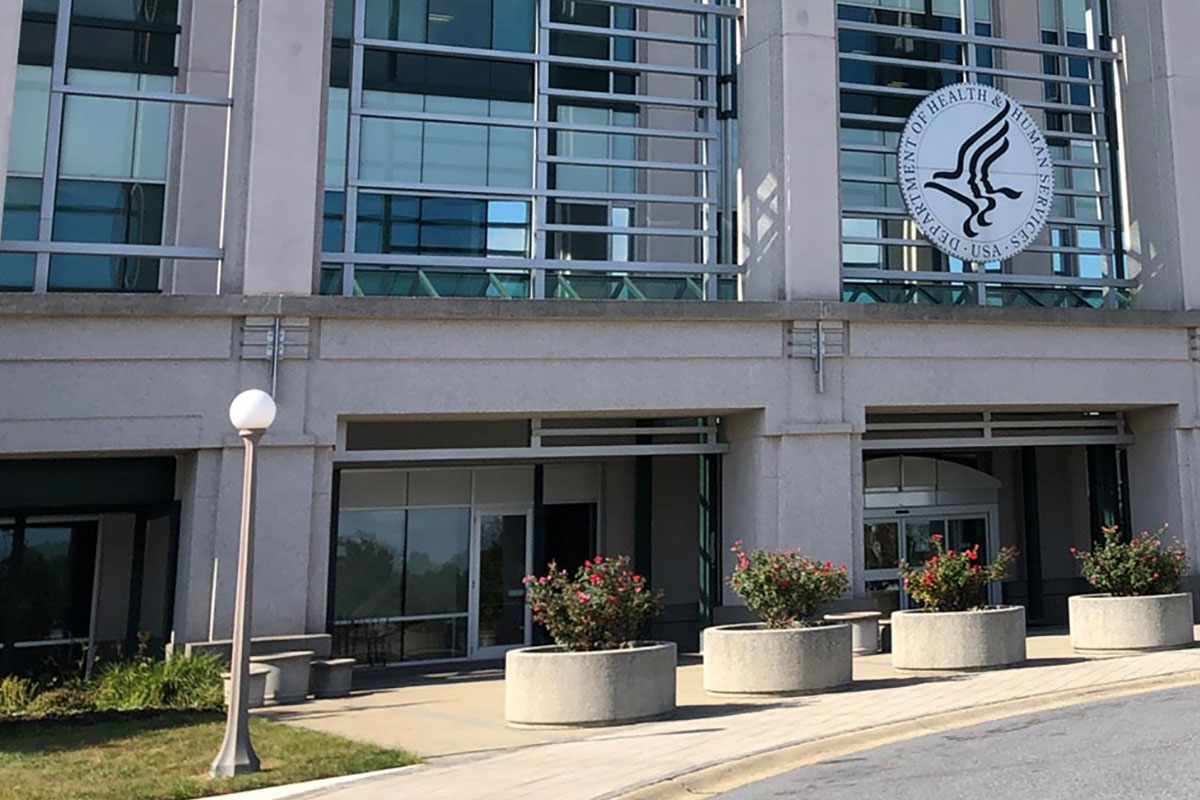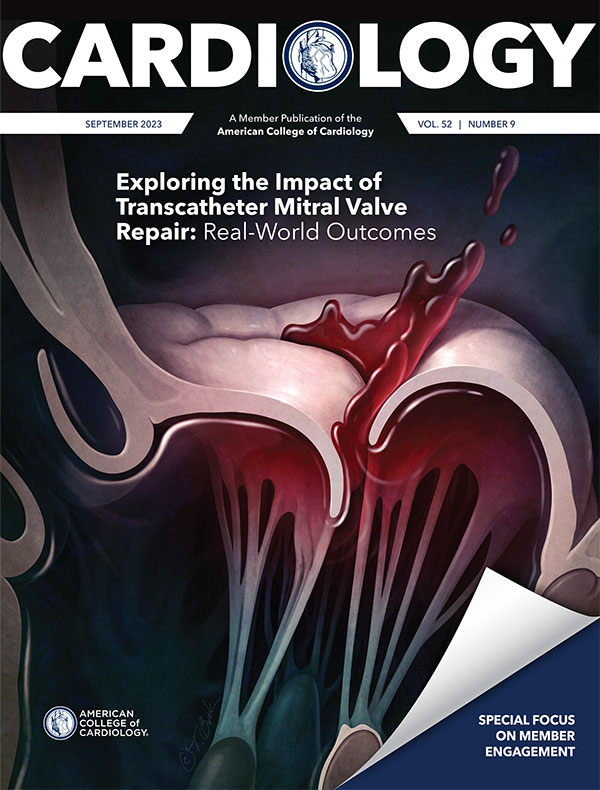Heart of Health Policy | 2024 Proposed Physician Fee Schedule: What You Need to Know

The Centers for Medicare and Medicaid Services (CMS) released the 2024 Medicare Physician Fee Schedule (PFS) proposed rule in July, addressing Medicare payment and quality provisions for physicians in the coming year. Under the proposal, physicians will see a decrease to the conversion factor of 3.36% on Jan. 1, 2024, going from $33.8872 to $32.7476.
CMS projects that overall reimbursement for cardiovascular services will remain flat compared to 2023, with changes to policies and individual services roughly balancing out. This estimate is based on the entire cardiology profession and can vary widely depending on the mix of services provided in a practice.
Highlights from the proposed rule regarding payment policy, rate setting and quality provisions include:
Physician Fee Schedule
Ongoing ACC Payment Reform Efforts
The confluence of conversion factor cuts for budget neutrality, statutory cuts on the horizon from sequestration and PAYGO rules and a 0% payment update that fails to account for significant inflation in practice costs, creates long-term financial instability in the Medicare physician payment system, threatening patient access to Medicare-participating physicians and services. In response, the ACC aligns with the American Medical Association's set of principles to guide advocacy efforts on Medicare physician payment reform, strongly supports the Strengthening Medicare for Patients and Providers Act (H.R. 2474) and continues to organize grassroots campaigns advocating for the financial stability of physician practices and preservation of Medicare beneficiaries' access to care.
2024 Quality Payment Program Performance Period
CMS is proposing several updates to the Quality Payment Program and Medicare Shared Savings Program for 2024. Click here to read more about the highlights.
- The rule proposes to pause implementation of the Appropriate Use Criteria (AUC) Program for reevaluation and to rescind current AUC program regulations. CMS will continue efforts to identify a workable approach, which may be proposed in subsequent rulemaking.
- CMS also proposes to further delay implementation of the split/shared billing changes, allowing history, exam, medical decision-making or time to determine who bills the visit. The agency plans to postpone implementation of prior changes through at least Dec. 31, 2024. The previous proposal would have redefined the definition of "substantive portion" to mean more than half of the total time. Clinicians who furnish split/shared visits will continue to have a choice of history, physical exam or medical decision-making, or more than half of the total practitioner time spent to define the substantive portion, instead of using only total time.
- The proposed rule includes work and/or practice expense (PE) values for new/revised codes describing venography services for congenital heart defects; phrenic nerve stimulation system implantation, removal and programming; fractional flow reserve computed tomography; intravascular lithotripsy; and intraoperative ultrasound. Click here for supporting data tables.
- CMS also proposes implementing a separate add-on code and payment for enhanced visit complexity of primary care and longitudinal care of complex patients. G2211 would generally be applicable to outpatient office visits as an additional payment, recognizing the costs clinicians may incur when longitudinally treating a patient's single, serious or complex chronic condition. If finalized, establishing payment for this add-on code would have redistributive impacts for all other calendar year 2024 payments. While those effects are less than estimated for this policy when first proposed for 2021, it still drives a significant portion of the proposed conversion factor reduction.
- Starting Jan. 1, 2024, APPs may supervise cardiac rehabilitation, intensive cardiac rehabilitation, and pulmonary rehabilitation. CMS proposes new regulations implementing the statutory changes made by the ACC-backed Improving Access to Cardiac and Pulmonary Rehabilitation Act that passed as part of the Bipartisan Budget Act of 2018.
Telehealth Provisions and Inflation Reduction Act Implementation
Highlights From the 2024 Hospital OPPS Proposed Rule
CMS has also issued the 2024 Hospital Outpatient Prospective Payment (OPPS) and Ambulatory Surgical Center Payment Systems proposed rule, proposing a 2.8% increase to OPPS payment rates that reflects a market basket update of 3.0% reduced by a productivity adjustment of 0.2%. Click here to view highlights relevant to cardiovascular clinicians.
- CMS proposes to implement several telehealth-related provisions of the Consolidated Appropriations Act, 2023 that would be in effect until Dec. 31, 2024.
- Policies in place until Dec. 31, 2024 include the temporary expansion of telehealth originating sites for services furnished via telehealth to include any site in the U.S. where the beneficiary is located at the time of the telehealth service, including an individual's home; delaying the requirement for an in-person visit with the physician or practitioner within six months prior to initiating mental health telehealth services; and the continued coverage and payment of telehealth services included on the Medicare Telehealth Services List. Click here for the full list of telehealth services payable under Medicare.
- The rule proposes continuing to define direct supervision to permit the presence and immediate availability of the supervising practitioner through real-time audio and video interactive telecommunications through Dec. 31, 2024, to avoid an abrupt transition at the end of 2023. CMS also proposes allowing teaching physicians to use audio/video real-time communications technology when the resident furnishes Medicare telehealth services in all residency training locations through Dec. 31, 2024.
- After consideration of requests to permanently add cardiovascular and pulmonary rehabilitation services to the Medicare Telehealth Services List, CMS does not propose making those additions because the submissions emphasized the utility of the services in patients' homes, a flexibility that will not exist beyond 2024 absent a change in statute.
- Telephone E/M codes 99441-99443 and 98966-98968 will remain actively priced through 2024 under flexibilities included in the Consolidated Appropriations Act, 2023.
- The rule also proposes extending current Opioid Treatment Programs flexibilities for periodic assessments that are furnished via audio-only telecommunications through the end of 2024.
ACC Advocacy staff will continue to provide more detailed information on elements of the proposed rule and will also develop comments for submission within the 60-day comment period. The final rule is expected later this fall.
Register Today For ACC's Legislative Conference 2023

Not long before the final rules are released in the fall, experts will discuss federal legislative and regulatory topics at ACC Legislative Conference 2023 on Oct. 15-17 in Washington, DC. Don't miss this opportunity to learn about hot button issues facing cardiologists and to ensure the voice of cardiology is heard on Capitol Hill. Learn more and register at ACC.org/LegislativeConference.
Keywords: ACC Publications, Cardiology Magazine, Health Policy, ACC Advocacy, Centers for Medicare and Medicaid Services, U.S., Medicare, Medicaid, Fee Schedules
< Back to Listings


